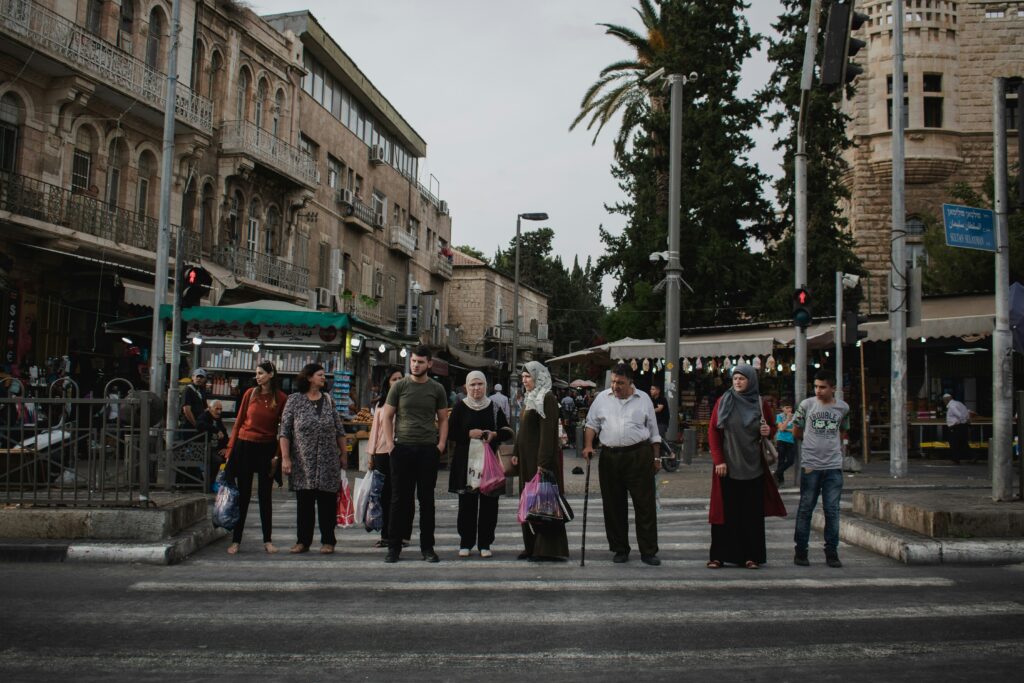The UK government has officially lifted sanctions on 12 Syrian entities as part of a broader effort to support Syria’s reconstruction in the aftermath of Bashar al-Assad’s removal from power. The decision, announced earlier this week, ends long-standing restrictions on departments and media outlets once closely tied to Assad’s repressive regime.
The move follows years of targeted sanctions aimed at punishing individuals and institutions accused of human rights abuses, spreading propaganda, and suppressing civilian uprisings during the Syrian civil war. According to UK officials, the latest action is a calculated step to aid Syria’s rebuilding process without endorsing past crimes or extremist factions.
UK Unfreezes Syrian Assets and Ends Financial Restrictions
The UK’s updated policy clears key Syrian ministries to rejoin the global financial system. These include the interior and defence ministries, which had been under strict sanctions due to their involvement in crackdowns on civilian protests.
Several state-run media outlets also saw sanctions lifted. Among them are Sama TV, Al Watan newspaper, and Cham Press TV, all previously accused of inciting violence and spreading disinformation on behalf of the Assad regime.
UK Foreign Minister Hamish Falconer described the measure as “a strategic decision aligned with Britain’s long-term interests in Middle Eastern stability.” He emphasized that while sanctions on Assad and his inner circle remain in place, easing certain restrictions may help foster economic recovery under Syria’s new leadership.
Focus Remains on Accountability and War Crimes
Despite these changes, the UK government has maintained a firm stance on justice and accountability. It recently amended national legislation to ensure that individuals linked to war crimes in Syria can still be prosecuted.
Falconer noted, “Lifting these specific sanctions does not mean we are turning a blind eye to past atrocities. The UK remains committed to pursuing justice for victims of the civil war.”
This balance—supporting reconstruction without legitimizing former abuses—is a key part of Britain’s evolving Syria policy.
Syria Faces Economic Crisis After 14 Years of War
Syria’s economy is in ruins following nearly 14 years of brutal conflict. The new government under President Ahmad al-Sharaa is struggling to meet basic needs, with infrastructure, healthcare, and education systems in near collapse.
Al-Sharaa rose to power after a military campaign in December that unseated Bashar al-Assad. Despite his leadership, the international community remains cautious. Al-Sharaa’s political group, Hayat Tahrir al-Sham (HTS), is still listed as a terrorist organization by the United States.
In March, the UK had already lifted restrictions on more than 20 Syrian businesses, including major banks and oil companies formerly linked to Assad’s rule. The latest step further opens economic channels, although full normalization remains distant.
US and EU Ease Some Restrictions Cautiously
The United States and European Union are also taking steps to soften their sanctions policies, though carefully and in limited areas.
In January, the U.S. Treasury issued a six-month general license allowing selected financial transactions with Syrian entities. This includes controlled energy sales and humanitarian aid. However, U.S. sanctions tied to human rights violations under Assad remain fully active.
The European Union has gone a step further, pausing sanctions on Syria’s oil, gas, and transport sectors. Brussels hopes that limited economic relief can prevent a further collapse without supporting extremist or unrecognized actors.
An EU spokesperson explained, “Our aim is to support the Syrian people while maintaining pressure on those responsible for years of violence and repression.”
What Comes Next for Syria?
While the removal of some sanctions marks a shift in policy, much of the international community is still reluctant to engage deeply with Syria’s current leadership. Questions remain about al-Sharaa’s legitimacy, HTS’s role in government, and the future of democracy and stability in the country.
For now, the UK’s decision opens a door—one that could lead to broader international involvement if Syria demonstrates progress on human rights, governance, and peace-building.
As Falconer noted, “This is not the end of the conversation. It’s the beginning of a new phase where actions speak louder than words.”
